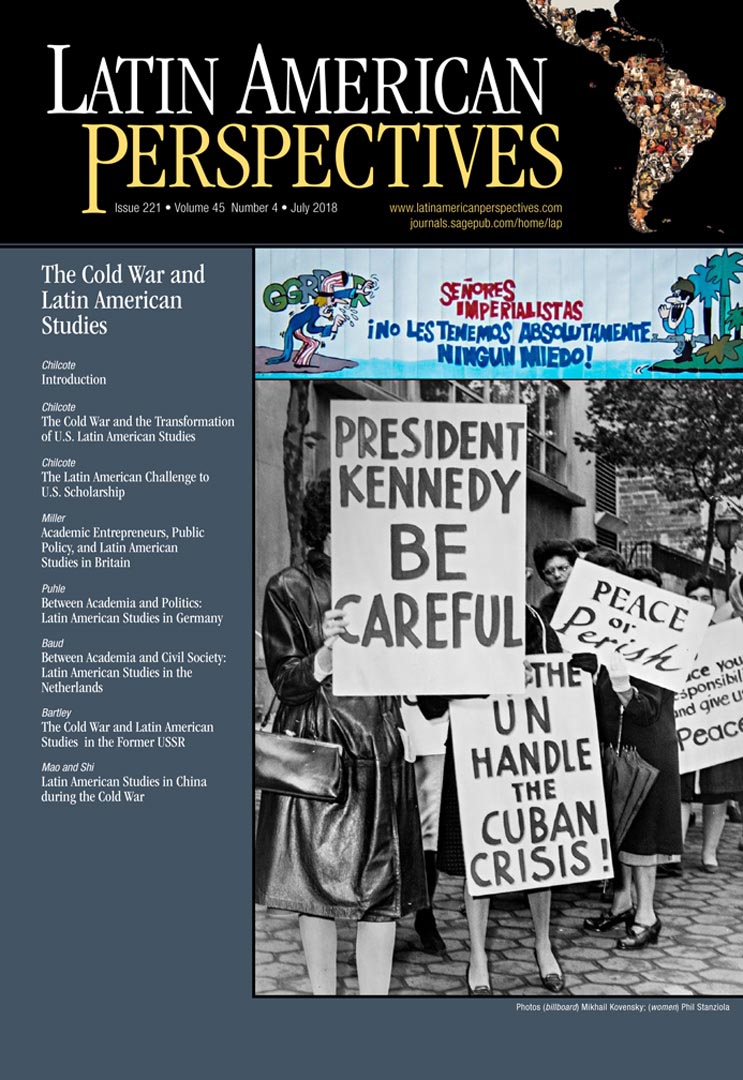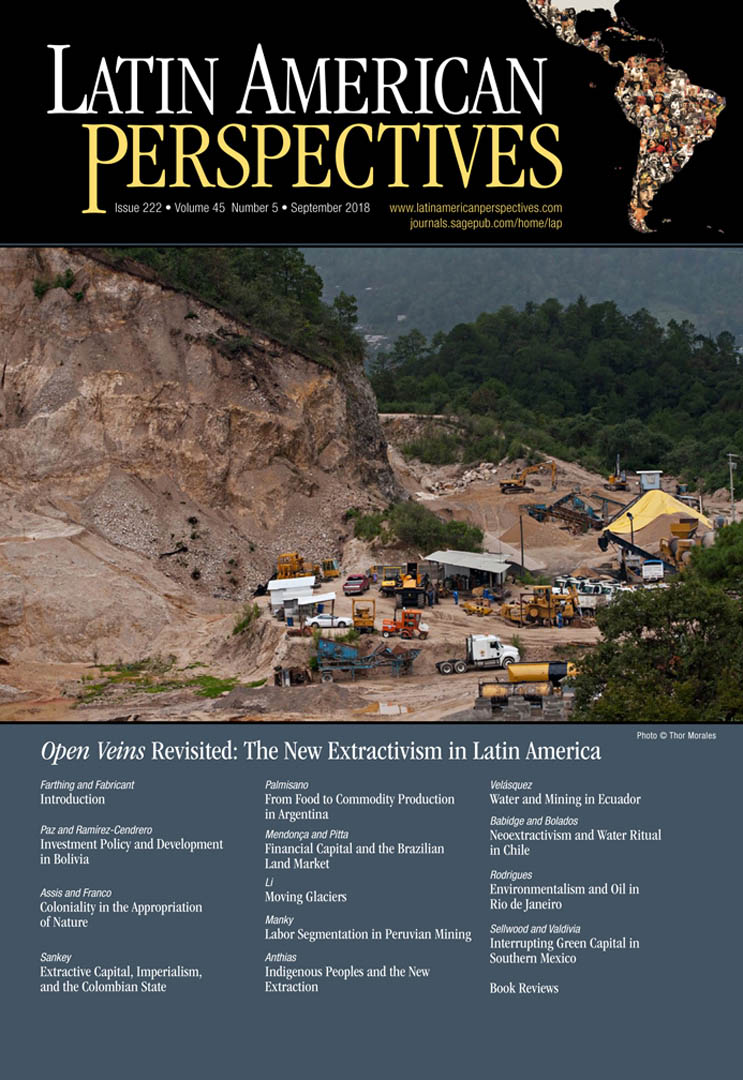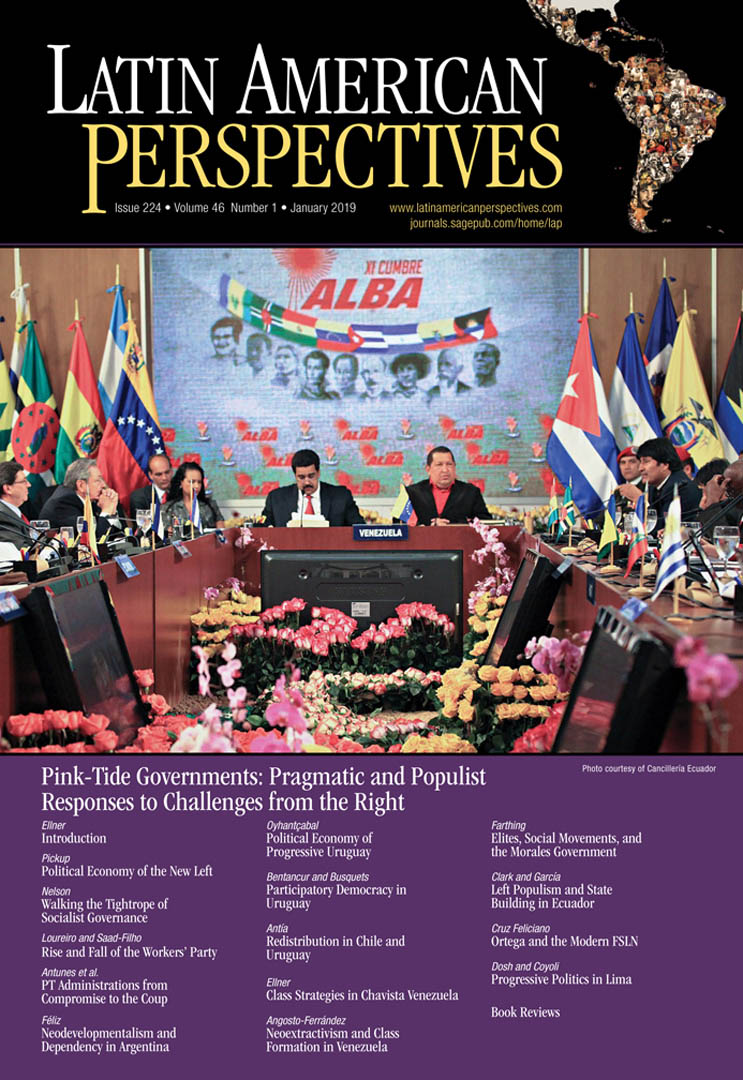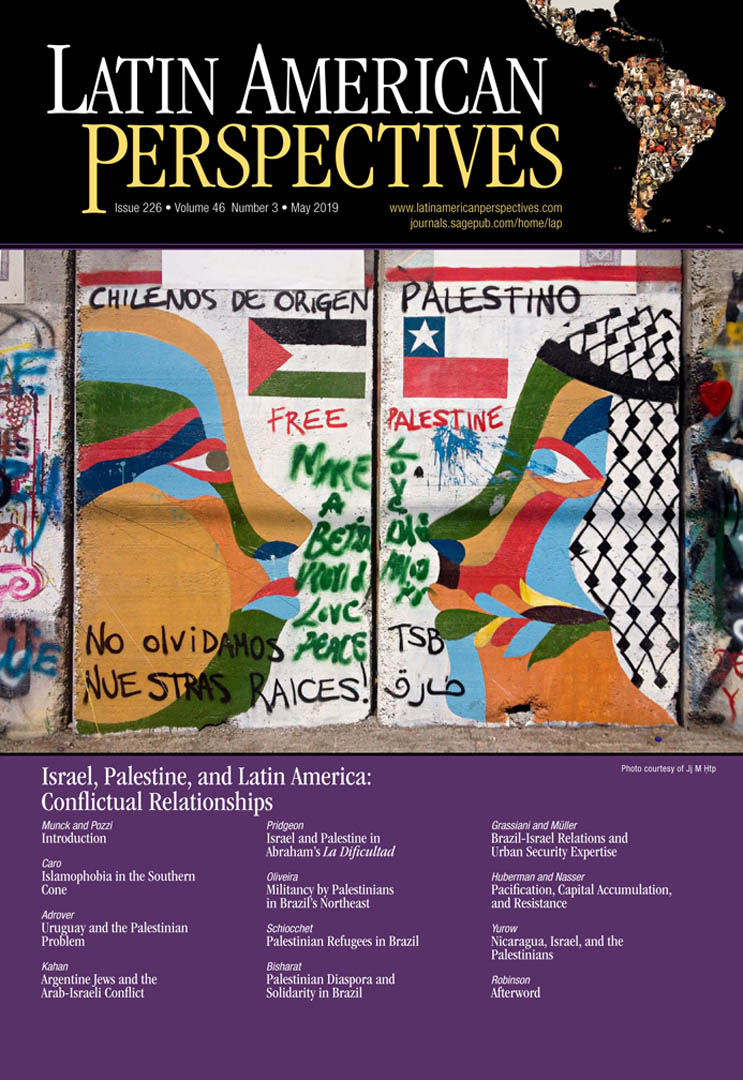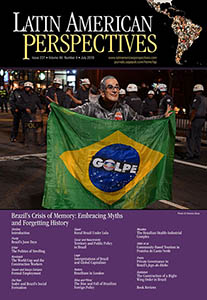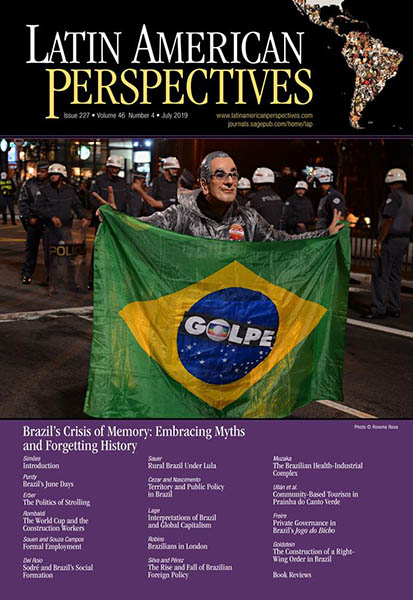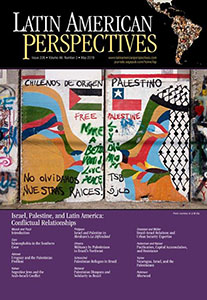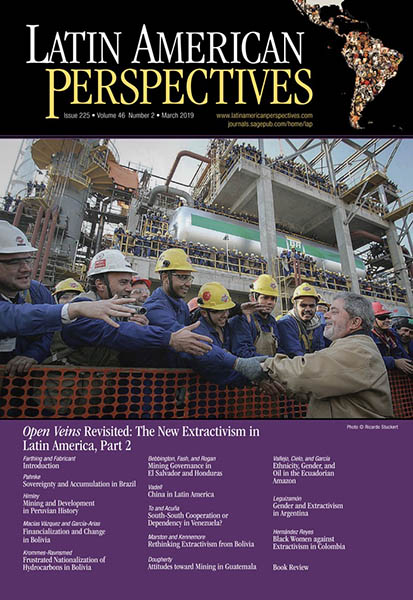The Cold War and Latin American Studies
Title: The Cold War and Latin American Studies Issue #: 221 | Volume #: 45 | Number #: 4 Date: July 2018 Interviewer: Alexander Scott Interviewees: Ronald Chilcote Short Description: The Cold War shaped and deeply impacted Latin American Studies after World War II. This special issue includes incisive essays on the United States, United Kingdom, Germany, Netherlands, Soviet Union, and China. Initially LAS evolved alongside U.S. foreign policy and a series of coups to contain progressive movements and support conservative authoritarianism, beginning in Guatemala (1954), but progressive movements emerged after the Cuban Revolution (1959).


